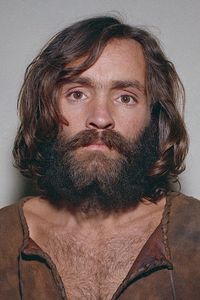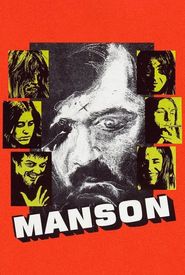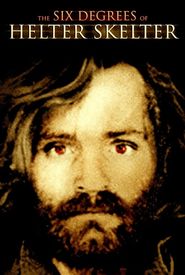Charles Manson is a notorious convicted murderer in American history, despite the fact that there is no evidence to suggest he was directly involved in any of the murders for which he was convicted. In 1971, Los Angeles prosecutor Vincent Bugliosi successfully convicted Manson and several of his female followers of seven murders, including the Tate-LaBianca murders, which shocked the nation and the world.
The victims of the Tate-LaBianca murders included heavily-pregnant movie star Sharon Tate, and the case was particularly notable for its brutality and senseless violence. Manson was also convicted of two other murders: Donald "Shorty" Shea, a hand at the Spahn Ranch where Manson and his followers congregated, who Charlie may have believed had snitched on him to the police after the Tate-LaBianca murders; and the earlier murder of music teacher and small-time drug dealer Gary Hinman by Bobby Beausoleil.
Although Manson was not directly involved in the murders, he was deemed responsible for them under the rules of accomplice liability, and was subsequently condemned to death. However, his sentence was commuted to life imprisonment by the State of California after a 1972 Supreme Court decision struck down extant death penalties in the various states.
Manson spent the remainder of his life in prison, where he was known for his erratic behavior and was often described as being in a state of mental instability. On January 1, 2017, Manson was rushed to Mercy Hospital in downtown Bakersfield after suffering from gastrointestinal bleeding at California State Prison in Corcoran. He died on November 19, 2017, at the age of 83, from cardiac arrest resulting from respiratory failure and colon cancer.
Throughout his life, Manson became an emblem of insanity, violence, and the macabre, and his notoriety has continued to fascinate popular culture to this day.



















































